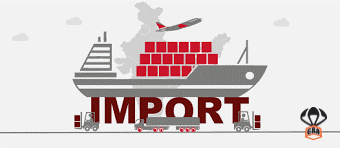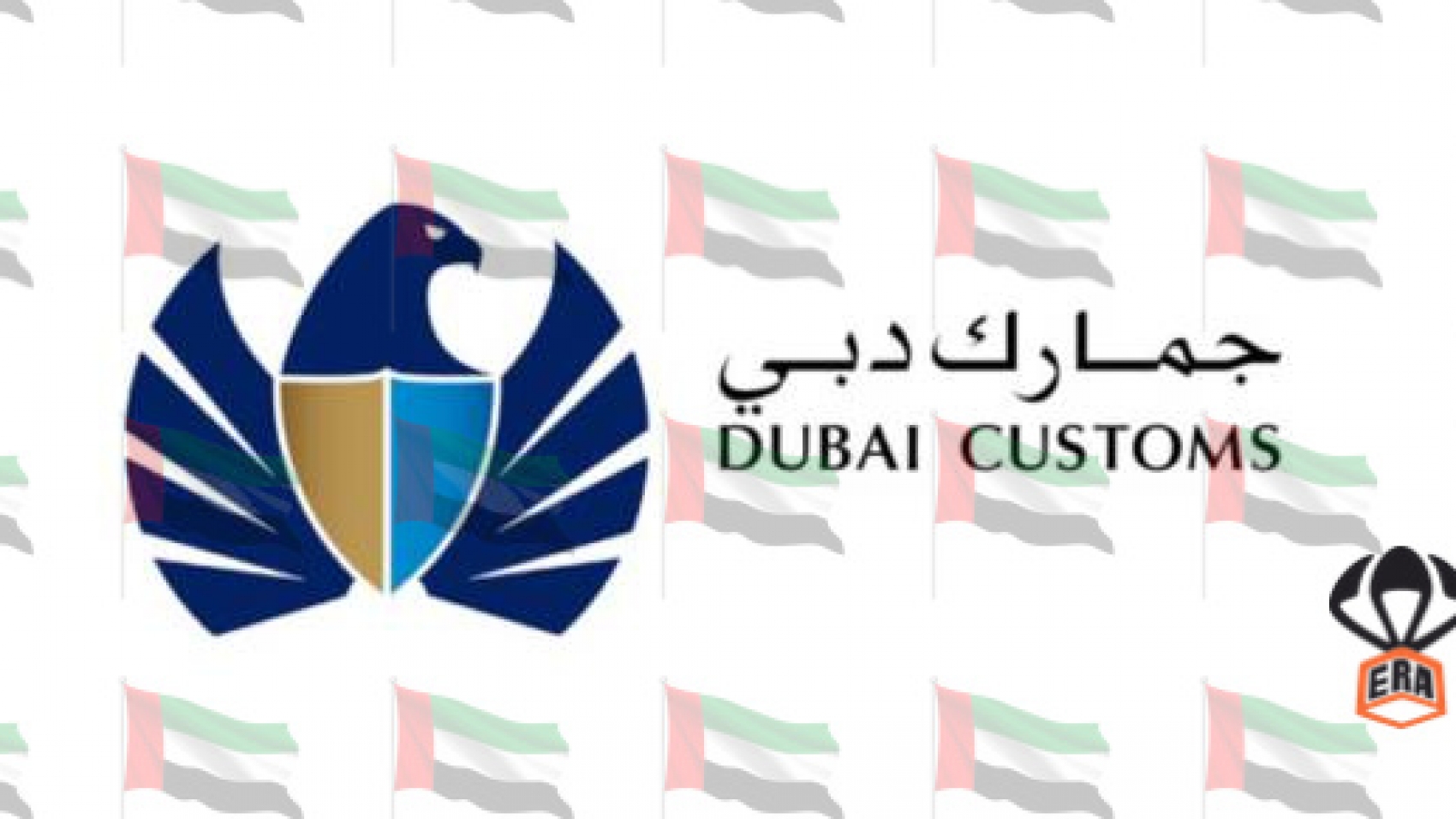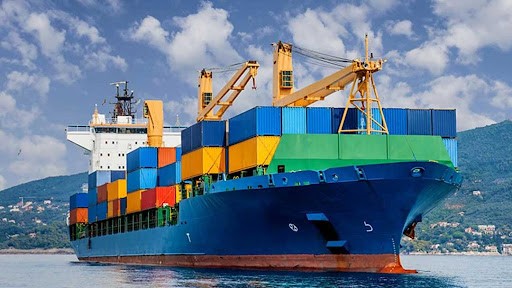In this article, we will go through each UAE customs rule in detail. Do you intend to import goods from China to UAE? then one of the important factors is knowing about UAE customs regulations for importing goods, For most items, UAE’s import tariff rate runs from 0% to 5%, with an average tax rate of 4.61 percent. Some items have greater taxes, such as liquor, which is taxed at 50%, and tobacco, which is taxed at 100%. we will talk more about UAE customs so it will be all clear for you.
UAE customs regulation
Companies interested in participating in e-commerce must register with UAE Customer Registration System rather than adding the activity to their commercial license. Businesses that are registered with UAE customs registration system may use logistics companies to clear products on their behalf. Imports and exports of items for e-commerce must be handled as a customs declaration using the Dubai Trade site, following standard processes.

Customs declarations worth less than AED 30,000 are exempt from paying any customs fees. Importing restricted products or items subject to special processes necessitates obtaining the requisite authorization from competent authorities. For customs clearance, electronic documentation and invoices are permitted, and records must be kept and supplied to UAE customs upon request.
Import Duties
CIF, insurance premium and freight is the evaluation technique for customer value. This implies that the tax on products import tariffs is computed based on the cost of the goods and tools, the insurance premium, and the freight rate. The UAE has been a member of the Gulf Cooperation Council (GCC) Customs Union since January 1, 2003, which has standardized taxes on products entering any member country — Saudi Arabia, Kuwait, Qatar, Bahrain, Oman, and the UAE – regardless of the destination inside that GCC.
If you are importing items from China into the UAE for the Saudi market, you must pay customs duty when the goods arrive in the UAE. Once the items are transported from the UAE to Saudi Arabia, there are no further tariffs to pay. The following are some examples of UAE customs duty costs:
- Products for consumer electronics: 0%
- Textiles and accessories account for 5% of the total.
- Utensils for the kitchen: 5%
- 5% for children’s items
- Household goods and furniture: 5%
Restricted Imports
Restricted commodities are those that are subject to the approval of competent authorities and are restricted under the terms of the GCC Common Customs Law. Importing the following items requires special permission:
- Live animals
- Cooked duck eggs
- Pharmaceutical products
- Medical
- surgical instruments
- Machines
- Weapons
- New vehicle tires.
- Transmitters and Radio Equipment
- Nuclear products.
- Alcoholic drinks.
- Irregular diamonds
Import Licenses and Permits
Customs in UAE issued instructions (Customs Notice No. 13/2021) on the import of products between corporations using e-commerce platforms. The notification is effective on November 14, 2021, and it applies to commercial organizations, including free zone firms and customs warehouses. If you’re bringing goods into the UAE from another country, you’ll need to bring the following documents:
- Packing List
- Delivery Order
- Import Permit
- Bill of Lading
- Commercial Invoice
Read more:Best Shipping Guide for importing from China to France 2022
Shipping from China to the UAE
According to UAE customs regulations, the UAE has two of the top 50 container ports in the world, with Dubai ranking in the top 10. According to the UAE government’s website, the UAE’s seaports handle 61 percent of cargo bound for Gulf Cooperation Council countries. The UAE has a total of 12 commercial trading ports (not including the oil ports). It has 310 berths and an 80 million tons cargo capacity. Here is a list of seaports you should be familiar with if you are importing products to the UAE:
- Jebel Ali and Mina Rashid Ports
- Khor Fakkan Container Terminal (KCT)
- Fujairah Port
- Mina Saqr Port
Why is the import and export of goods important? The AACB website answers this way
As soon as a business starts operating internationally, there are many additional factors which can have a huge impact on its success. Exporting and importing goods is not just the core of any large, successful business; it also helps national economies grow and expand.
Each country is endowed with some specific resources. At the same time, a country may lack other resources in order to develop and improve its overall economy. For example, while some countries are rich in minerals and precious metals or fossil fuels, others are experiencing a shortage of these resources. Some countries have highly developed educational systems or infrastructures, while others do not.
Once countries start exporting whatever they are rich in, as well as importing goods they lack, their economies begin developing. Importing and exporting goods is not only important for businesses; it is important for individual consumers, too. Consumers can benefit from certain products or components that are not produced locally, but are available to purchase online from a business abroad.
If you wish to know more about shipping from China to Dubai, click here and check our our full guide on shipping from China to UAE.
For our last words, we should mention that here in ERA we offer Door-to-Door (DDP) service from China to UAE , in this method we take care of all the steps of the shipping from the company door to your doorstep without you having to worry about UAE customs regulations and troubles, contact us now for your free quote.



Good day! I just wish to give you a huge thumbs up for your excellent information you have got here on this post. I am coming back to your blog for more soon. Good day! I just wish to give you a huge thumbs up for your excellent information you have got here on this post. I am coming back to your blog for more soon. נערות ליווי במרכז
Id like to thank you for the efforts youve put in penning this site. I am hoping to check out the same high-grade content from you in the future as well. In fact, your creative writing abilities has encouraged me to get my own site now 😉